There have always been nations in the world ruled by dictators. Certainly, many are no longer around, but those still alive today have a limitless fantasy on how to keep power in their hands and enjoy mind-blowing luxury when the citizens of their country live in overwhelming poverty. George Bernard Shaw called the bloodshed by the dictators necessary and praised the “effectiveness” of totalitarian control compared to “inoperative Western parliaments”. Except in these cases, he was clearly wrong: there are no more cynically governed and poorer nations in the world today, than those ruled by totalitarian regimes.
Here are the ten most corrupt and brutal dictators today:
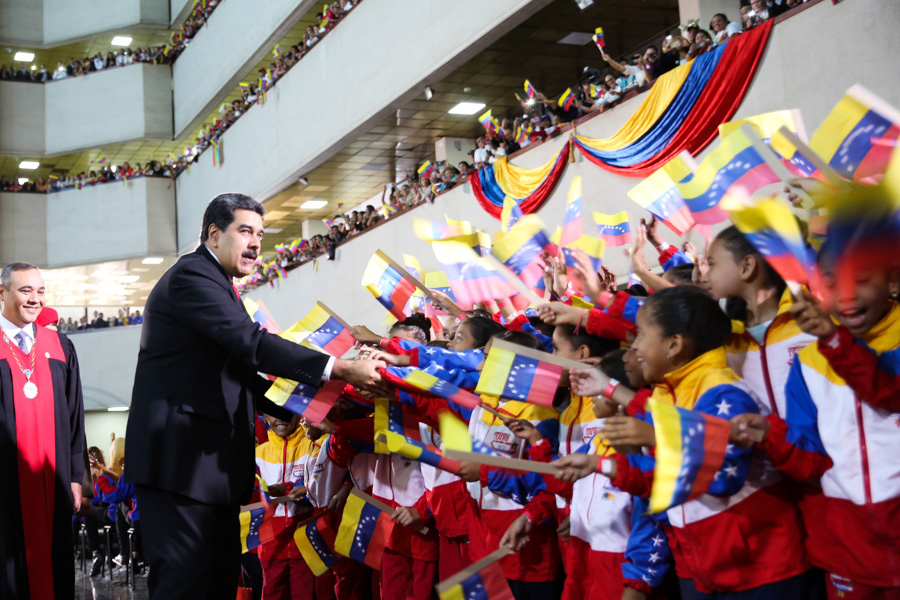
10. Nicolás Maduro, Venezuela
Ever since taking power in 2013, Nicolas Maduro has been accused of subverting democracy and human rights efforts in Venezuela, which is struggling to pull through an unprecedented economic crisis.
The country, now run by a former bus driver, fell into an economic recession and inflation skyrocketed practically overnight
Just like former Venezuelan President Chávez, Maduro used the constitution and other democratic institutions to justify dictatorial behavior. Neither dictator could stand the test of true democracy – to be elected through free and fair elections.
As a result of Maduro’s efforts, Venezuela no longer has any institutions that could control the presidential power.
In 2018, President Maduro was elected for a second term in a controversial voting in which many opposition candidates were prohibited to run in the election or were imprisoned.
In 2019, the United Nations issued a report stating that the Armed Forces of Venezuela had carried out thousands of extrajudicial killings and manipulated crime scenes over the past 18 months to make it appear as if the victims were resisting the arrest.
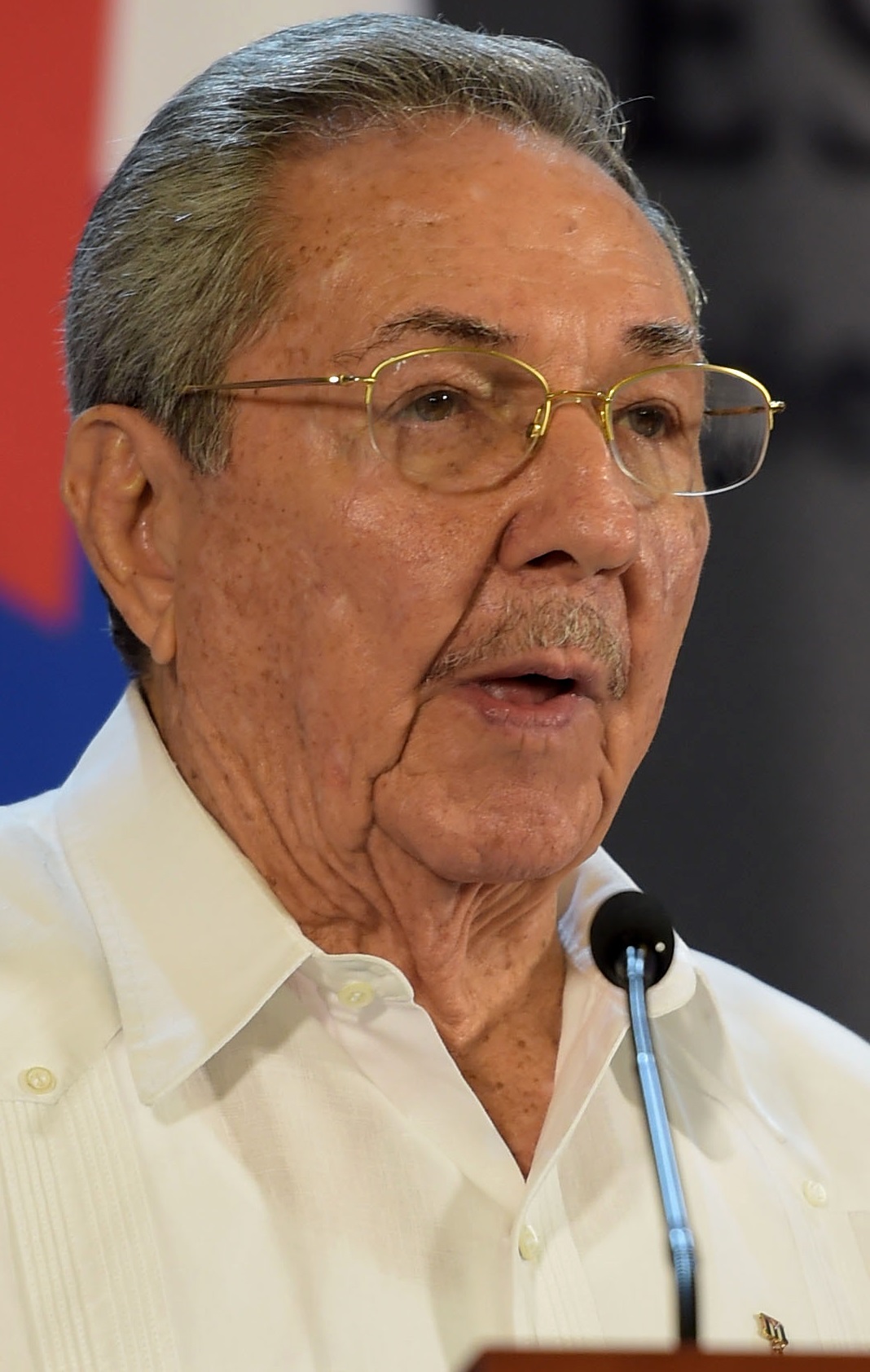
9. Raúl Castro, Cuba
Raúl became president in 2008 after his brother, former dictator Fidel Castro, fell ill.
A well-known brother of Fidel Castro, Raúl ruled Cuba following in his footsteps, and repeating the same mistakes.
The Castros gained control and power through a successful revolution. Together, they ruled Cuba with an iron fist for more than half of a century. Their will is the law, even when there is no logical explanation for it being such.
Raúl Castro, five years younger than his brother, has been involved in bloody battles from the beginning. 1953 July 26, the brothers fought together in the first attack against the U.S.-backed Cuban dictator Fulgencio Batista.
Raúl Castro was appointed to command the military forces in the eastern province of Oriente during the revolution. After its success, he was appointed as the Minister of Defense, and held the position for 49 years.
At first, he was tasked with eliminating all sources of opposition on the island. There are no reliable figures on the number of people killed by Raúl Castro – many without a trial – but estimates are in thousands.
Not only did he lead Cuba’s attempts to spread his revolutionary ideology around the world, but he also organized arms shipments from Moscow to Cuba.
Castro did not change the system of the government. There was a one-party rule and a strict attitude by the regime towards dissidents.
On December 14, 2014, Castro and Obama shook the world by announcing that the U.S. and Cuba would re-establish diplomatic relations. This led to reconciliation between the two countries and the opening of their respective embassies in Washington and Havana.
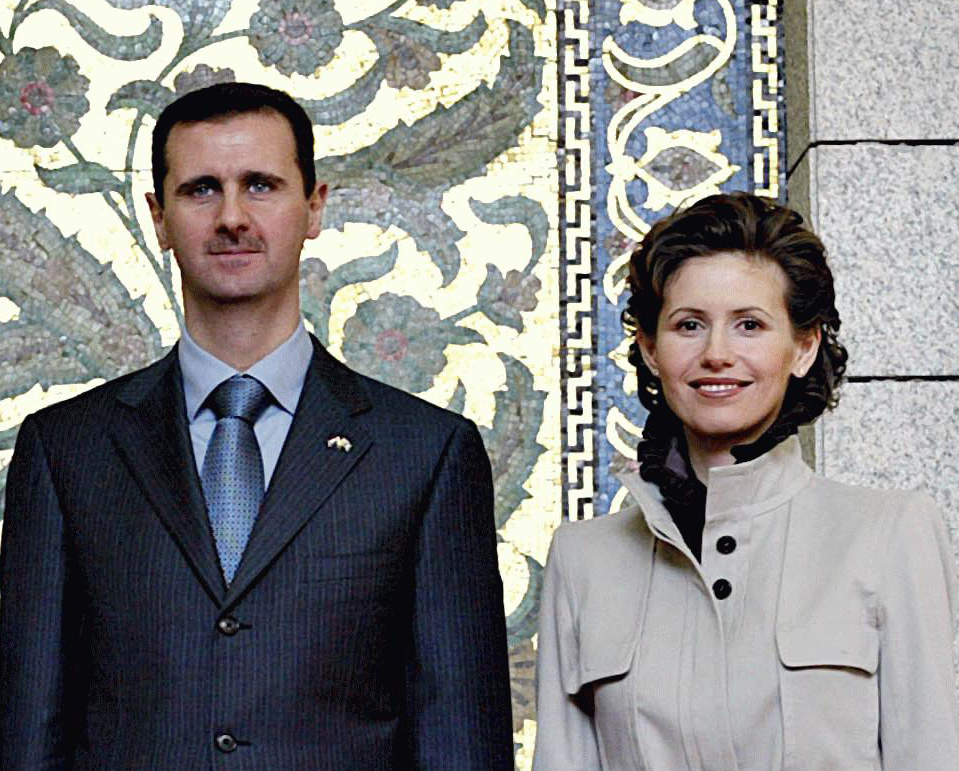
8. Bashar al-Assad, Syria
At the beginning of his governance, Bashar embarked on economic reforms to help liberalize the economy and did it selectively (banking, insurance, import-export, and telecommunications) to benefit his family business.
The brutal efforts of the Syrian army to quell protests that turned into the armed riots, the use of chemical weapons, the bombing of schools and hospitals, and the targeting of civilians have met with global condemnation, though Bashar al-Assad has escaped responsibility.
In 2018, a chemical weapon attack by the Assad regime in Idlib province killed seventy people, including women and children. U.S. President Trump called the attack “an insult to humanity” and shortly afterwards ordered the strike on the Syrian airbase.
To protests against the presidential government that began in 2011, Assad responded by ordering them to be demolished. However, brutal repressions by security forces did not stop the protests and eventually led to an armed conflict that killed more than 380,000 people, according to activists.
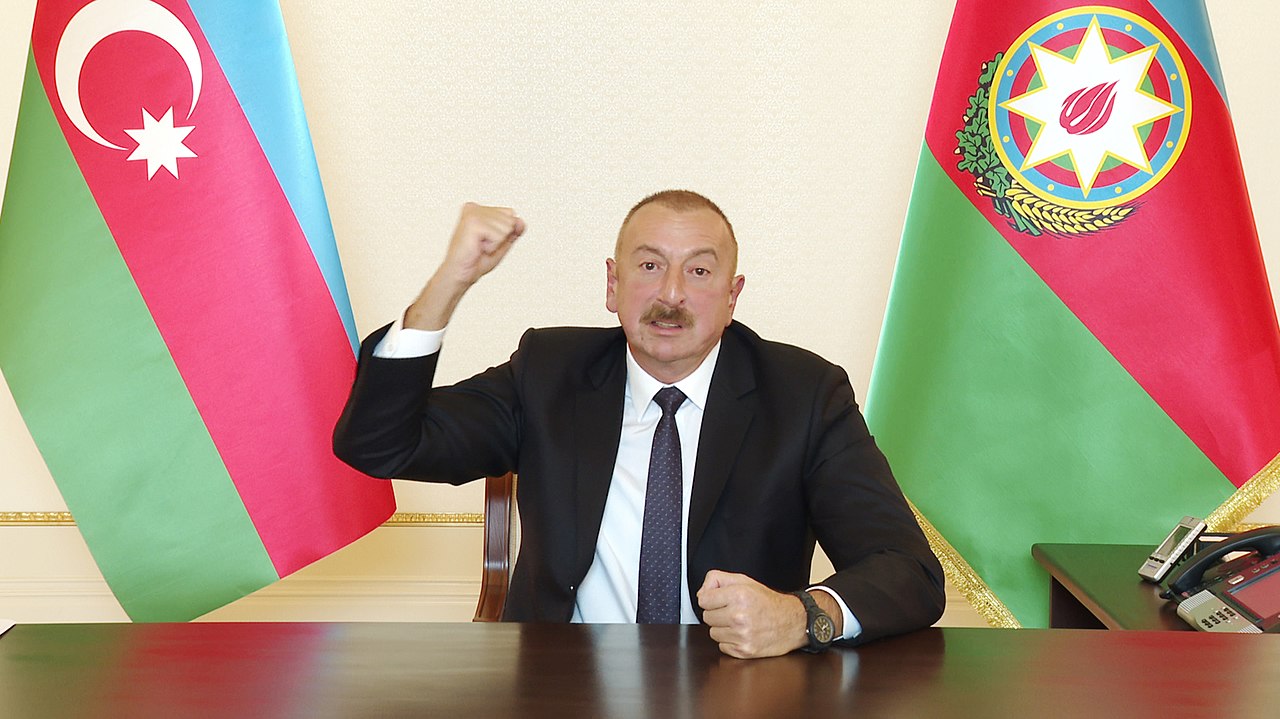
7. Ilham Aliyev, Azerbaijan
Accusations by various European institutions and human rights groups often directed at Aliyev, who is accused of human rights abuses, including the imprisonment of political opponents.
Tension also stems from the territory of Nagorno-Karabakh, which Azerbaijan refuses to share with Armenia, which has resulted in the deaths of a large number of people.
The conflict over Nagorno-Karabakh inside Azerbaijan, which is mainly controlled by ethnic Armenians, has emerged in the last years of the collapsing Soviet Union and has resulted in the deaths of approximately 30,000 people. In 2014, the Republic of Nagorno-Karabakh was attacked without cause at the behest of the dictator. Azerbaijan has violated the ceasefire agreement countless times as a result of this conflict.
President Aliyev, along with his government, is not only spreading propaganda about Armenia domestically, but internationally as well.
The State Security Service of the Republic of Azerbaijan does not avoid arresting members of parties that do not please the president. Sources in Azerbaijan say that as many as 120 people are currently being held, including several deputies of the opposing party leaders and journalists.
The iron fist used to destroy Aliyev’s critics is the proof that democracy is collapsing in Azerbaijan as well.
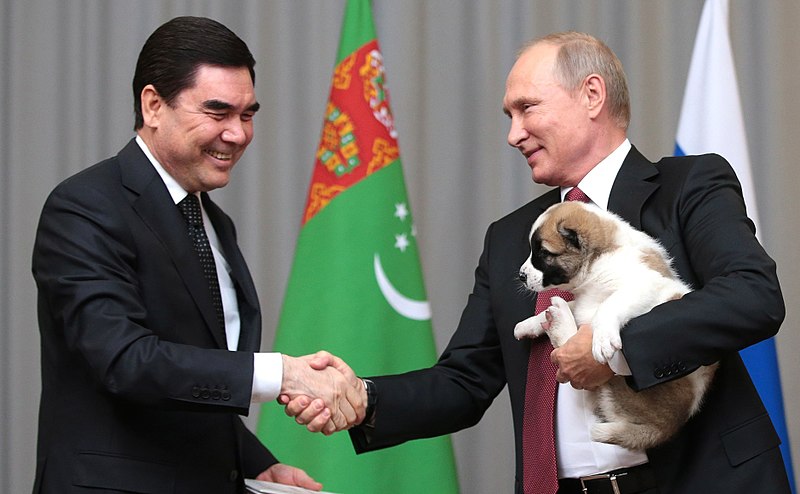
6. Gurbanguly Berdimuhamedow, Turkmenistan
This personality is undoubtedly one of the most eccentric in politics. Turkmenistan, which is under his governance, is breaking human rights abuses’ records, while the head of state is writing rap lyrics.
Gurbanguly Berdimuhamedow likes to show up in public dressed in tracksuits or Hawaiian T-shirts. From his eccentric behavior, one can form the opinion that the president’s favorite activity is to surprise his compatriots and the world with his eccentric behavior. The real “gem” is a video showing Berdimuhamedow and his two grandchildren playing various instruments, DJing, and dancing. The local press also writes about his “significant” works, for example: “President Gurbanguly Berdimuhamedow rode a bicycle”. The first pages of the country’s newspapers are devoted to the poetry of the president.
In 2016, Mr. Berdimuhamedow amended the constitution, giving himself the power to preside for life.
Human Rights Watch called Turkmenistan “one of the most isolated and oppressive countries in the world” and highlighted that “all aspects of public life are controlled by President Gurbanguly Berdimuhamedow and his friends”.
Although Gurbanguly Berdimuhamedow calls the period of his governance for Turkmenistan an “era of happiness”, the people of this country do not think the same. Although the country has large natural gas resources that are exported, people live in huge poverty. According to the U.S. State Department, arbitrary arrests and detentions, even forced labor, are taking place in this authoritarian state. This president, who often surprises the world with his behavior, is also a dangerous autocrat.
Last year, it emerged that more than a third of the population, that is, 2 million Turkmen, had fled from this one of the most isolated countries in the world.
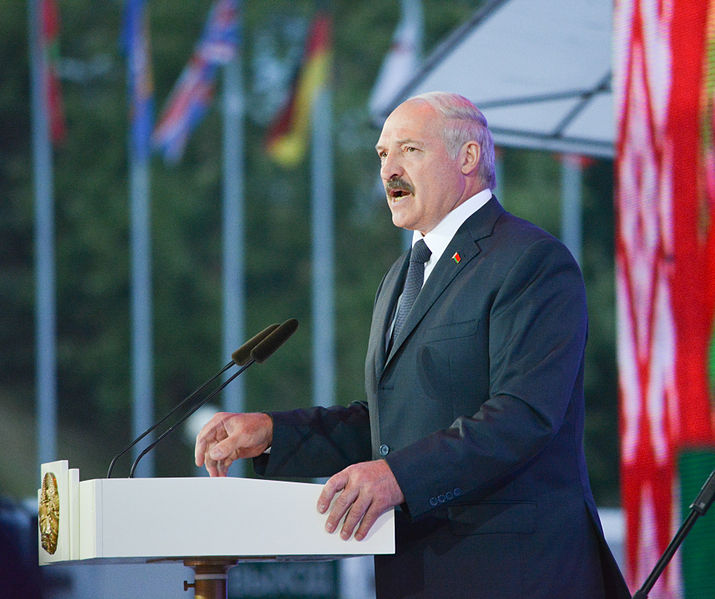
5. Alexander Lukashenko, Belarus
One of the greatest dictators in Europe, firmly holding on to the legacy of the country’s Soviet past.
Mr. Lukashenko’s political program consisted of three main elements: the renewal of the old Soviet economic system with only marginal market economic elements; a gradual increase in political repression; close political relations with Russia.
He is charged with at least four political assassinations, and the imprisonment of political opponents. After becoming president, Lukashenko suspended the limited market reforms initiated by independent Belarus and turned to the stabilization of more than a dozen Soviet companies.
As early as 2005, the administration of the US President George W. Bush called Belarus “the last remaining real dictatorship in the heart of Europe”.
Mr. Lukashenko once emphasized that anyone joining the opposition protests would be treated as “terrorists” and punished accordingly.
Like the Russian President Vladimir Putin, Lukashenko feels nostalgia for the Soviet Union.
But the relationship between friends changes little by little. During the typical New Year gesture, Lukashenko visited Putin at his mansion outside Moscow with three bags of potatoes. However, such tricks are no longer able to mask the changing tone of the relationship. Recently, it seems that Putin is demanding progress towards a Union state uniting Belarus and Russia.
There have been widespread protests over the debate concerning whether the last election was really legal and fair, expressing a desire for the president to resign, but Alexander Lukashenko said there would be no new elections in the country until he dies.
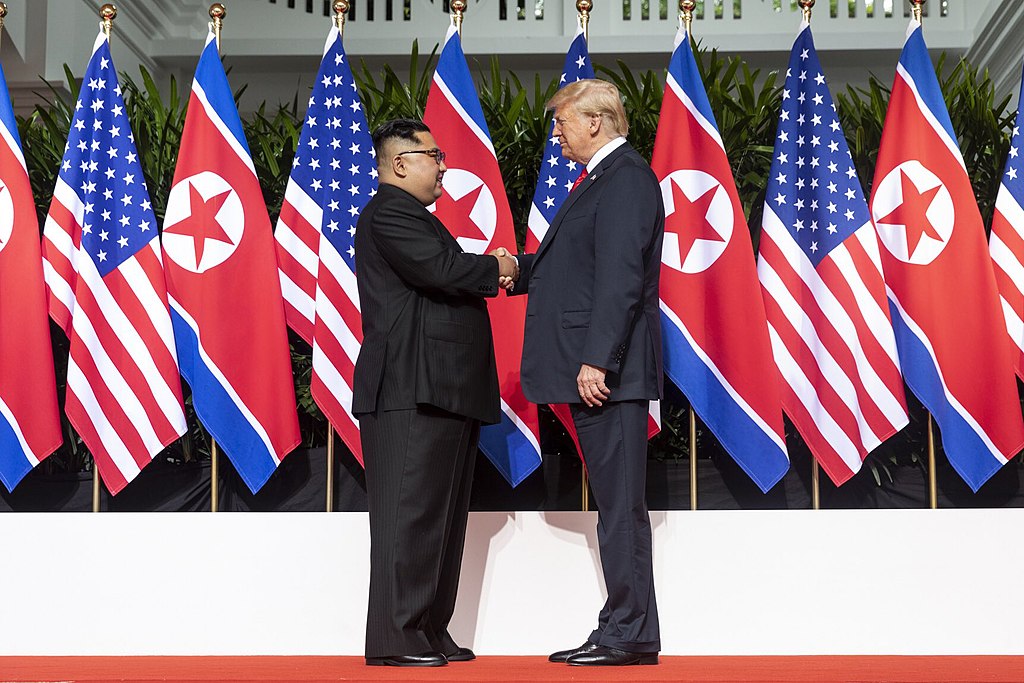
4. Kim Jong-un, North Korea
When Kim Jong-un became the leader of North Korea, many North Koreans thought their lives would improve. He offered hope for a generational change in the world’s longest-running communist dynasty. But the “Great Successor,” as the regime calls him, proved to be as cruel as his father and grandfather. Even by allowing more economic freedom, he has tried more than ever to constrain the country, tightening security at the border with China and tightening penalties for those who dare to try to cross it.
By the way, as the regime began to prepare for Kim’s successor, he released a song that all the country’s residents were forced to learn, called “Footprints”. The idea was that Kim would follow in his father’s footsteps and lead the country into a glorious future.
In North Korea, it is impossible to overestimate the cult of personalities embracing the Kims. Former President Kim Il-sung, his son Kim Jong-il and grandson, current leader Kim Jong-un, form a kind of sacred trinity in North Korea. They cannot be criticized and the system cannot be questioned – at least without risking both your own and your entire family’s freedom.
Current leader Kim Jong-un has consolidated his power by clearing many of the highest figures. He also shows no consideration for disarmament and continues to strengthen the country’s nuclear capabilities.
North Korea is one of the poorest nations in the world, while the elite families hold a large share of the country’s wealth and have a major impact on the economy.
Theoretically, North Korea is a bastion of socialism, a country where the state provides everything, including housing, health care, education, and employment. In fact, the state economy is hardly functioning. People work in factories and fields, but they pay almost nothing. Because of the need to survive, private business emerged when people found ways to make money on their own: selling homemade tofu or trading drugs. The communist government strictly controls all areas of daily life.
According to an international Amnesty International report, hundreds of thousands of people have been imprisoned in prisons and labor camps for disagreeing with the government.
In 2018, Kim Jong-Un said in his New Year’s speech that he always has his own nuclear launch button on the table.
In December 2013, Kim executed his uncle, high-ranking official Yang Song-thaek, arguing that it was necessary to remove him from the Korean Workers’ Party.
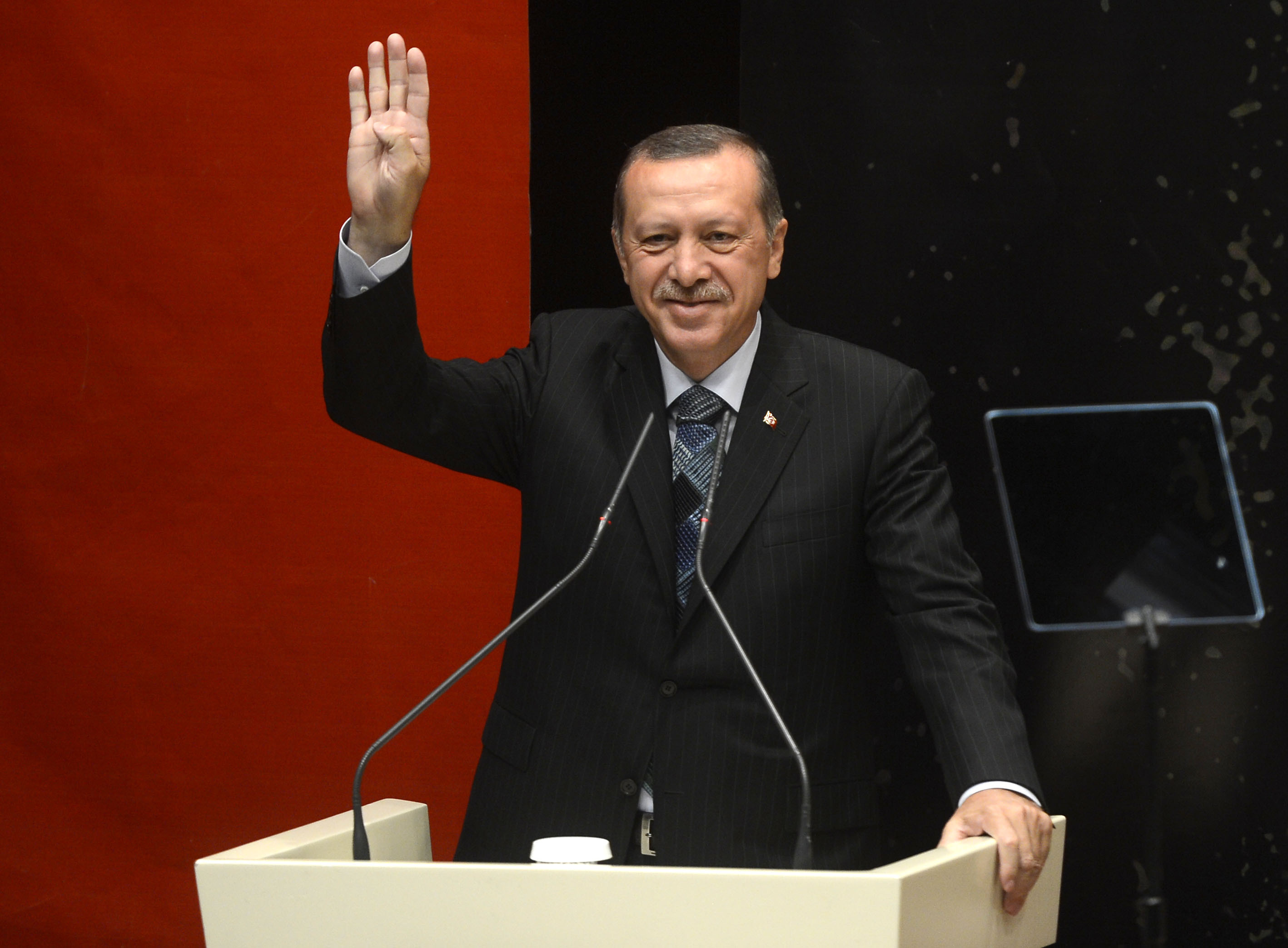
3. Recep Tayyip Erdoğan, Turkey
In terms of elections, Erdogan is similar to Russia’s Vladimir Putin, both of whom are supposed to declare fair, free, and legitimate elections, but the reality is different and although people are encouraged to vote, it is clear who the winner will be.
Critics call him an autocratic leader who does not tolerate contradictions and severely silences anyone who opposes him.
Erdogan’s authoritarian approach is not limited to Turkey’s walls. His bodyguards have harassed journalists in the U.S., and a German satirist has been investigated in his home country for insulting the Turkish president on television.
Under his governance, the country’s economy has declined significantly, with the Covid-19 virus pandemic contributing to it, coupled with escalating inflation.
He controls the media and most of the security forces. The police forces occupy a particularly important place in Turkey. It is less a police and more a paramilitary.. In present Turkey, there is no separation of powers. The president controls the courts and all government funds. Perhaps that is why Erdogan does not want Turkey to be a candidate for the European Union because European standards are far from his idea of Turkey ruled by his iron fist.
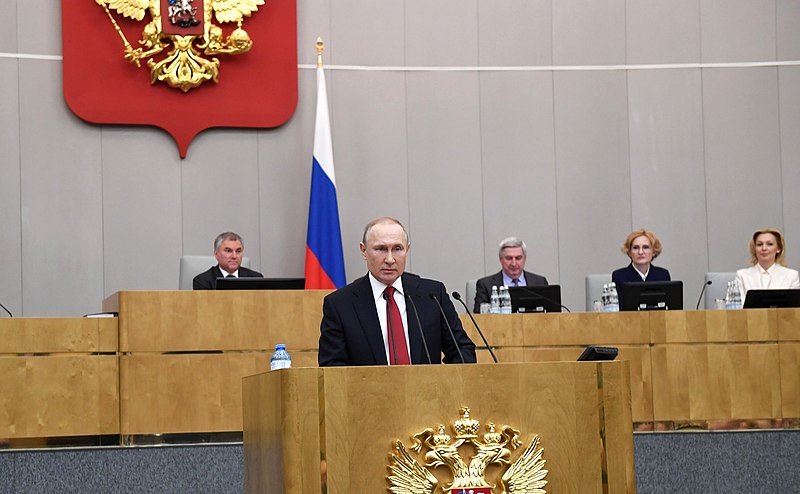
2. Vladimir Putin, Russia
Vladimir Putin is, of course, one of the brightest and at the same time the toughest leaders not only in Russia but the whole world. He lied about the current situation in Ukraine, saying that Russia is not taking military action.
Putin is an active leader who often studies other countries’ leaders’ or political opponents’ characteristics and views before talking to them.
On December 28, 2012, in response to the Magnitsky Act, Putin signed a law banning U.S. citizens from adopting Russian children.
Putin not only has great constitutional power but is also extremely popular at every level of society. When he wants a piece of legislation to be passed, there is almost no chance that it will be blocked.
It is a totalitarian leader with full control of the executive branch.
Putin is believed to have consistently used state agencies, such as the Federal Security Service of the Russian Federation, to persecute opponents. One of the examples is the crackdown on Kremlin critic Navalny. Navalny began to feel ill on August 20th of 2020, flying from Tomsk in Siberia to Moscow. Two days later, the 44-year-old politician, who was in a coma, was delivered for treatment to the Charite University Hospital in Berlin. According to the information from three European laboratories, the results of which were confirmed by the Organization for the Prohibition of Chemical Weapons (OPCW), Navalny was poisoned by the nerve-paralyzing poison Novichok, which was developed in the Soviet Union.
The Kremlin denies any involvement in the case. President Putin has said he sees no need for an investigation in Russia. Moscow would agree to start an investigation only if there is evidence of the crime. So far no evidence has been provided. “Even if a person has almost died, it does not mean that criminal proceedings must always be instituted,” Putin said.
In the time that Putin has been in power, Russia’s military budget has been expanded considerably, at the expense of the education and healthcare budgets.
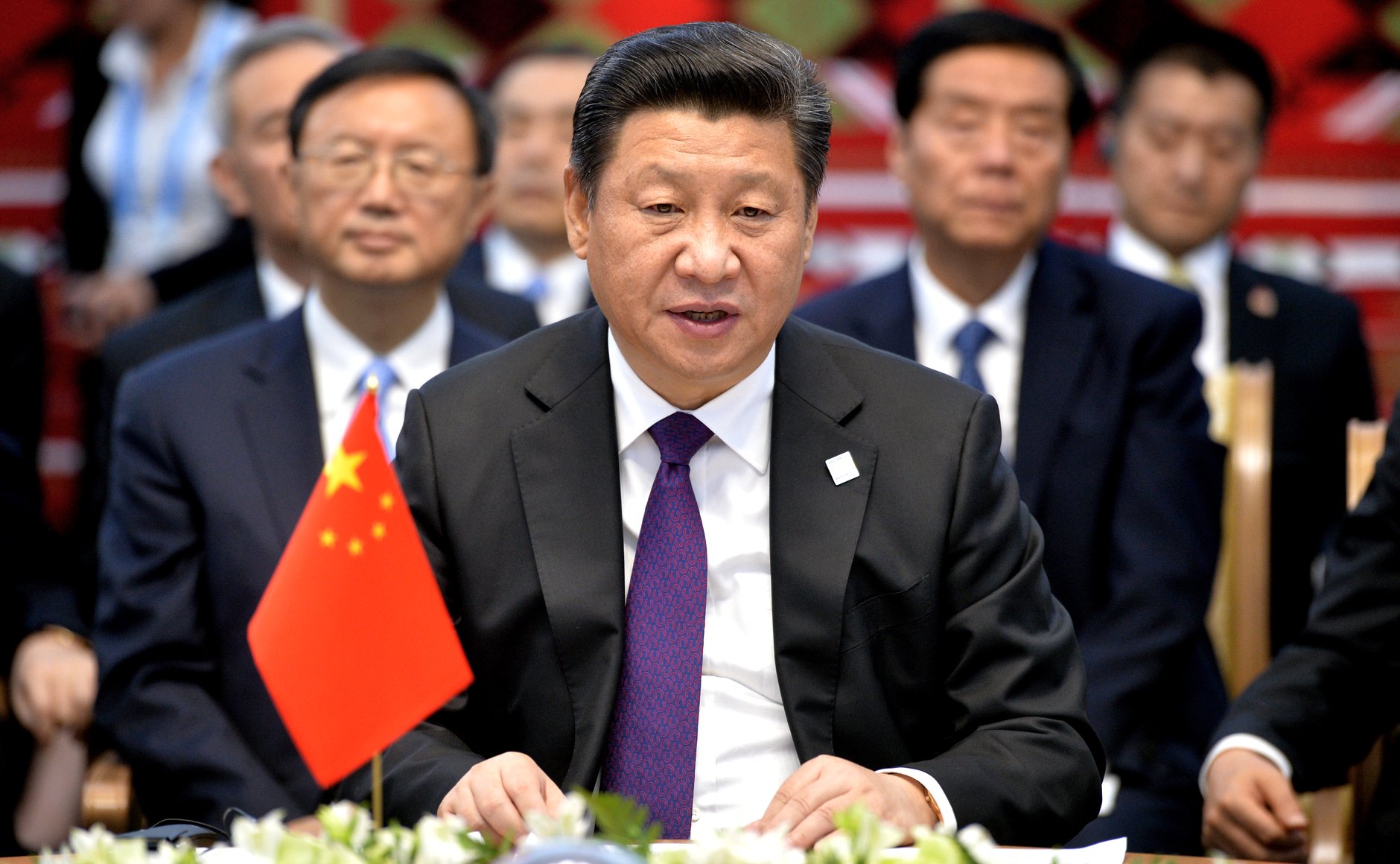
1. Xi Jinping, China
The current president has called himself “the President of China for life”. He is the leader of the Chinese Communist Party. Xi Jinping is far less interested in cooperating with the rest of the world than his predecessors. Many arrows of international criticism flew to China when it was clear that about a million or more Turkish Muslim minorities, including the Uighurs, were subjected to detention or re-education camp systems in which they were forced to abandon their local Islamic traditions.
It is no secret that up to 2 million Uighur Muslims are imprisoned in camps under the responsibility of Xi. Documents released by the New York Times from the Chinese Communist Party cite a dictator who said he had “shown no mercy” to the Uighurs.
Just like the Tibetans, the People’s Republic wants to erase the heritage of the people Beijing claims to have settled on Chinese soil. Regardless of historical facts, it is against human rights to destroy temples and mosques dear to this nation, to ban their language, and to allow them to spy on their homes and report whether Uighurs are devout Muslims.
Jinping has centralized institutional power in a wide range of leadership positions.
According to Human Rights Watch, Xi has “launched a widespread and long-lasting human rights attack” since 2012, when he became China’s leader.
There is widespread censorship in China, and the president is also being held responsible for the arrests of human rights activists and lawyers.
Following the outbreak of the Covid-19 virus, a German news agency reported that China had “encouraged” the World Health Organization (WHO) to “postpone a global warning” about the coronavirus outbreak, although the WHO itself later denied this.




